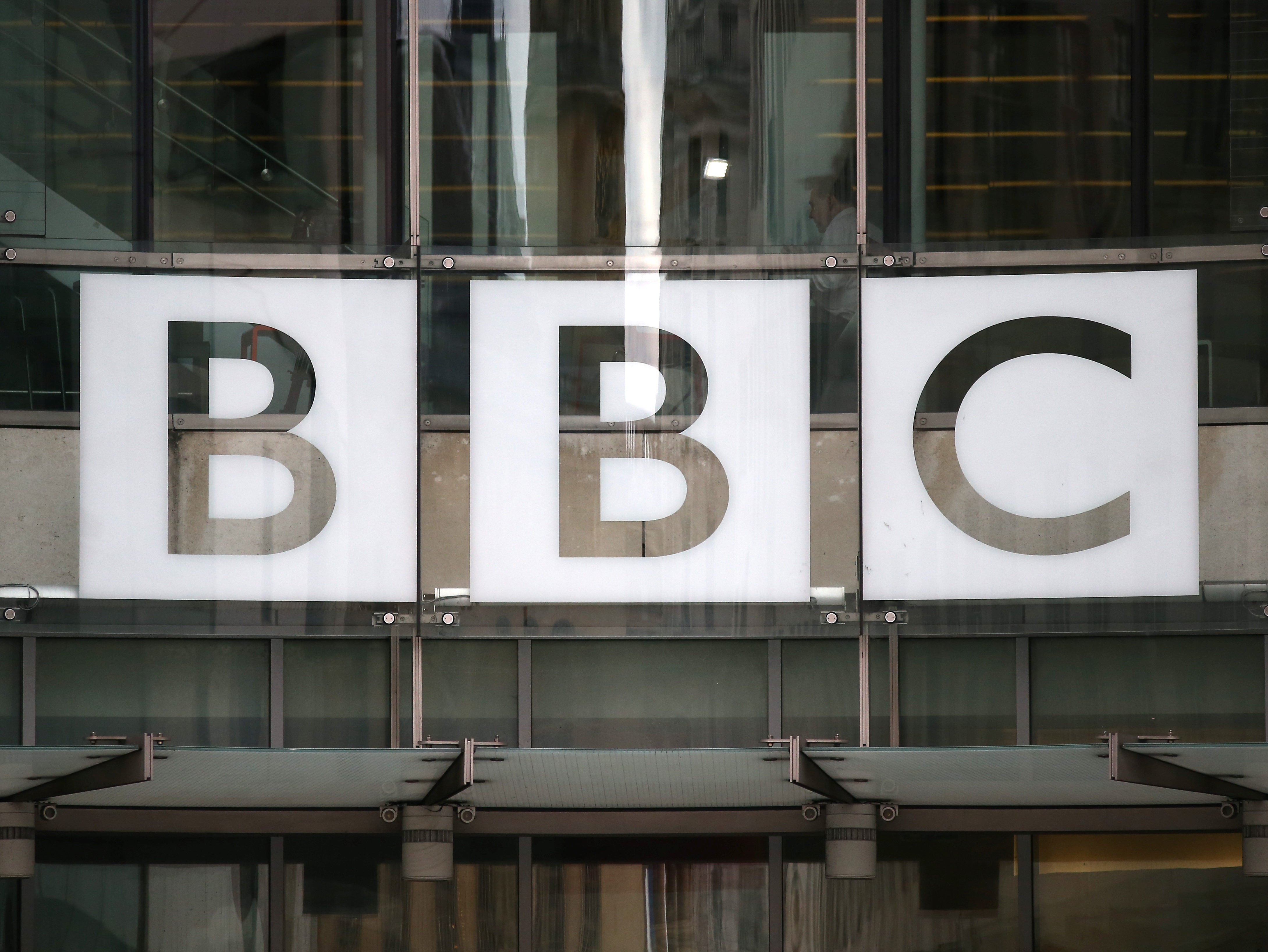
The BBC has revealed plans to cut 450 jobs in England as it seeks to make savings of £25m in the nation by the end of March 2022.
The roles affected include journalists as well as presenting, technical and operation staff.
Some 142 jobs will be lost in online and TV news according to the National Union of Journalists, while 139 jobs will go from local radio where a reduced schedule that began at the start of the pandemic will continue.
The proposals will see the end of current affairs programme Inside Out, which has 11 regional editions, resulting in the loss of 29 jobs despite an outpouring of support for it from more than 100 famous names and MPs.
But the programme, which has been off-air since the start of the Covid-19 pandemic, will be replaced by a new long-form original investigative journalism show produced from six regional hubs in Newcastle, Yorkshire Norwich, Birmingham, London and Bristol.
The NUJ also said seven jobs will be lost at the BBC’s London-based wire service and that the broadcaster will look to make 125 further voluntary redundancies.
This means the proposed job losses will total 15% of the 3,000 strong BBC England workforce.
This is further to 150 job cuts announced last week across Wales, Scotland and Northern Ireland.
NUJ general secretary Michelle Stanistreet said: “These are huge cuts which will inevitably have an impact on the BBC’s ability to sustain the breadth and depth of news coverage throughout England which truly reflects the diversity of the nation.
“We are consulting our members on how these plans will impact on the BBC’s output and the extent to which it will increase workloads on already-stretched newsrooms.”
Press Gazette understands 33 of 36 jobs will be lost at BBC England’s online hub in Birmingham, which houses sub-editors that manage and publish much of the copy written by local reporters in regional offices.
It also hosts sports and features writers and data and video journalists who produce content for the BBC England webpage, according to a source. They said the three jobs being kept will be curation roles.
The BBC says it is devolving online subbing to regional offices and that this will make online content “more relevant locally”.
But the source said: “They have decades of experience between them,” the source said. “They are some of our most talented journalists. It’s been rumoured it would happen for a while but I don’t think anybody thought it actually would.
“The decision to get rid of it is madness. It’s a 24-hour operation without which many stories on the BBC website wouldn’t have seen the light of day.”
Covid-19 means £125m in lost income for BBC
The cuts are separate to the plans to cut 450 jobs at BBC News which were outlined earlier this year but put on hold at the start of the Covid-19 crisis.
The BBC faces an estimated £125m in lost income this financial year as a result of the coronavirus crisis, despite record broadcast and digital figures. It already had to make £800m in savings by 2022, including £80m in the news department.
Nevertheless the BBC plans to improve its political output outside Westminster, including by reinvigorating its 11 regional Sunday Politics programmes after lobbying from MPs that followed fears that they would be cut along with Inside Out.
The BBC said the programmes will “undergo editorial and creative changes to ensure they have more impact and reach a broader audience”.
It also plans to pilot two new digital political programmes in Yorkshire and the Midlands which will be available on streaming services iPlayer and BBC Sounds.
The BBC has pledged to modernise its regional TV centres, changing the way they operate to put digital storytelling at the centre of their work and merging regional TV news and online staff.
The regional TV news programmes will appear the same on-screen but with a reduction in the number of 6.30pm presenters in some areas.
BBC England also wants to commission a “broader range” of TV programming to reflect life across England, particularly in the North and Midlands.
‘We must adapt’
Helen Thomas, director of BBC England, said: “I’m proud people have turned to us for trusted news and information in huge numbers during Covid-19, proving the importance of our local and regional services. But those services were created more than 50 years ago, have changed very little and need significant reinvention. That has meant taking some difficult decisions.
“We are in the age of the Facebook community group and the WhatsApp neighbourhood chat. We must adapt to better reflect how people live their lives, how they get their news and what content they want.
“We’re going to modernise our offer to audiences in England by making digital a central part of everything we do. We’ll take forward lessons from Covid-19 that will make us more agile and more in touch with communities while also ensuring we’re as efficient as we can be. I’m confident we can evolve our local and regional services while improving our impact and better serving our audiences.”
NUJ national broadcasting organiser Paul Siegert warned that the permanent reduction in local radio programming to three daytime shows rather than four with one presenter each will be a “major blow” as “commercial radio has all but given up on providing any local news”.
“It’s also unclear how 142 jobs can go from regional TV and online unless there’s going to be a serious drop in quality and standards,” he added.
“The union will fight these cuts and ensure that any changes that take place are dealt with as fairly as possible.”
Picture: Reuters/Neil Hall
Email pged@pressgazette.co.uk to point out mistakes, provide story tips or send in a letter for publication on our "Letters Page" blog
